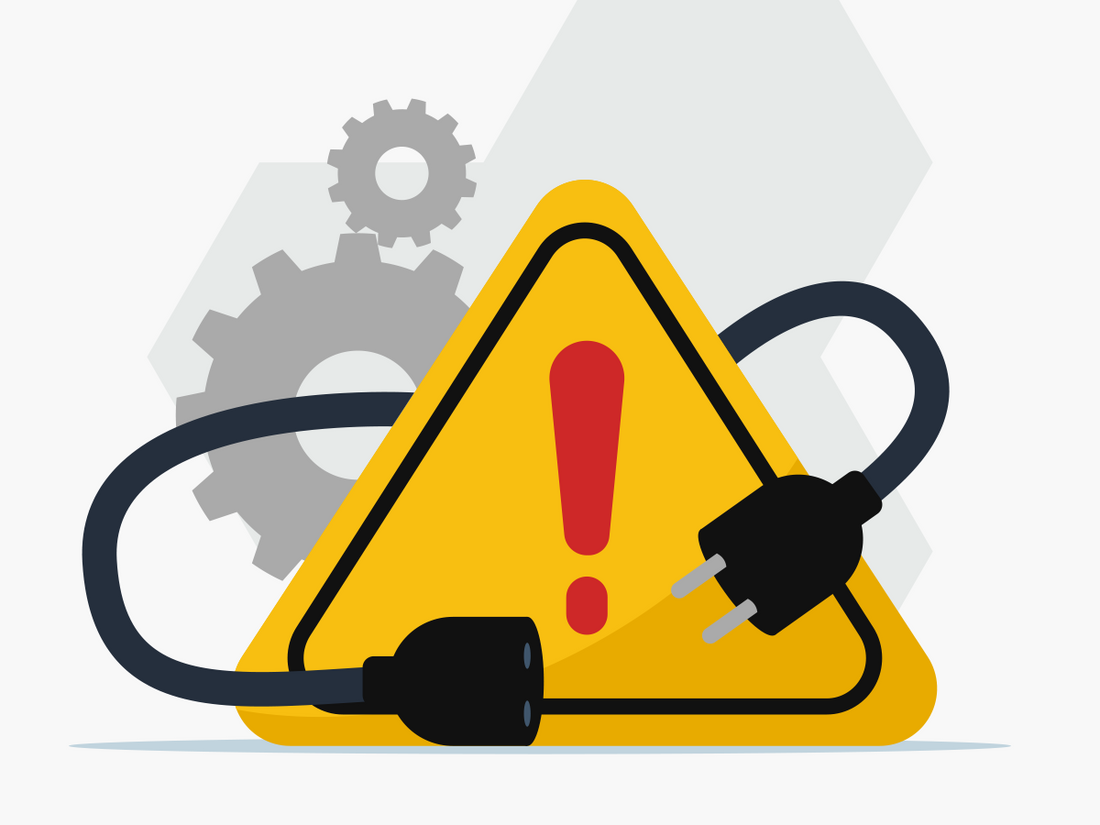Home Security Systems: What Happens During Power Outages?

That sudden moment when your home goes dark during a power outage can be unsettling. Beyond the usual concerns about food spoiling in your fridge or managing without air conditioning, there's a more critical question: Is your home security system still protecting your family?
In this guide, you'll discover exactly how different security systems handle power outages, what backup options are available, and most importantly, how to ensure your home stays protected even when the lights go out.
Whether you're in the market for your first security system or looking to upgrade your existing setup, understanding these crucial aspects will help you make informed decisions about your home's security.
Do Security Systems Work When the Power Is Out?
Most modern security systems continue working during power outages through backup batteries (4-24 hours), solar power, or cellular backup. While features may be limited, core security functions remain operational with proper backup systems in place.
Let's explore exactly how these different backup solutions work and what you need to know about each option.
Understanding Power Dependencies in Security Systems
Before exploring solutions, it's crucial to understand how different security cameras rely on power. This knowledge forms the foundation for making informed decisions about your home security setup.
Traditional wired cameras connect directly to your home's electrical system through a power adapter or PoE (Power over Ethernet) cables. These systems typically offer high reliability under normal conditions but become vulnerable during power outages unless properly backed up.
Wireless cameras present a more flexible solution, operating either through rechargeable batteries or direct power connections. While they might seem more susceptible to power issues, their varied power options actually make them more adaptable during outages.
Each component of your security system - from cameras to control panels and sensors - has its own power requirements and way of handling outages. Understanding these dependencies helps you identify potential vulnerabilities in your security setup and address them before an emergency occurs.
Security Camera Operation During Power Outages
Different Types of Power Solutions
Traditional Backup Systems:
Most modern security cameras come equipped with backup batteries, providing 4-24 hours of continuous operation during outages. While these systems maintain basic functionality, some features may be limited to conserve power.
Regular maintenance is essential - backup batteries should be checked and replaced every 2-3 years to ensure reliability.
Solar-Powered Security Cameras:
Solar-powered security cameras represent the latest innovation in continuous surveillance protection.
At Safemo, we've developed our home security cameras to combine solar charging with high-capacity batteries and AI-smart features, ensuring they maintain operation even during extended power outages.
The key advantage of solar-powered systems lies in their self-sufficiency - as long as there's some daily sunlight, your security system continues functioning at full capacity with 4K resolution monitoring and smart detection features.
Cellular Backup Technology:
Cellular backup systems provide an additional layer of protection when both power and WiFi are compromised.
By utilizing cellular networks, these systems maintain essential communication capabilities with both monitoring centers and your smartphone. While this technology adds to your system's cost, it ensures continuous protection during comprehensive outages.
Managing WiFi Dependencies
Even with power intact, WiFi outages can impact your security system's functionality. Understanding how different systems handle these situations is crucial for maintaining continuous protection.
Here's what happens with different setups:
| Camera Type | Local Recording | Remote Viewing | Mobile Alerts |
|---|---|---|---|
| Traditional Wired | Continues ✓ | × | × |
| Wireless (Battery) | Continues ✓ | × | × |
| Solar-Powered Smart | Continues ✓ | Via Cellular ✓ | Via Cellular ✓ |
| Hybrid Systems | Continues ✓ | Limited ✓ | Limited ✓ |
Preparing Your System for Outages
To maximize your security system's reliability during power disruptions:
- Install Uninterruptible Power Supply (UPS) systems for critical components
- Implement local storage backup solutions
- Establish regular testing protocols
- Maintain backup power sources
- Consider upgrading to self-sufficient power solutions
Future-Proofing Your Security System
Modern security solutions emphasize self-sufficiency and reliability through:
- High-resolution video capture
- Advanced motion detection capabilities
- Integrated power backup systems
- Multiple connectivity options
- Flexible storage solutions
Making the Right Choice for Your Home
Consider these key factors when evaluating your security system options:
- Your area's power reliability history
- Local network infrastructure stability
- Environmental conditions for solar viability
- Total cost of ownership, including backup systems
Conclusion
A security system's effectiveness ultimately depends on its ability to operate consistently, regardless of power conditions. While traditional systems may have vulnerabilities during outages, modern solutions offer multiple layers of protection through integrated backup systems, solar power, and cellular connectivity.
By understanding your specific needs and implementing appropriate backup solutions, you can ensure your home remains protected even during power disruptions.
Ready to ensure your home stays protected, even during power outages? Our solar-powered wireless security cameras offer true peace of mind with their self-sufficient power system and AI-smart features.
Explore the Safemo Shop today and discover how we can help keep your home secure 24/7, no matter what.